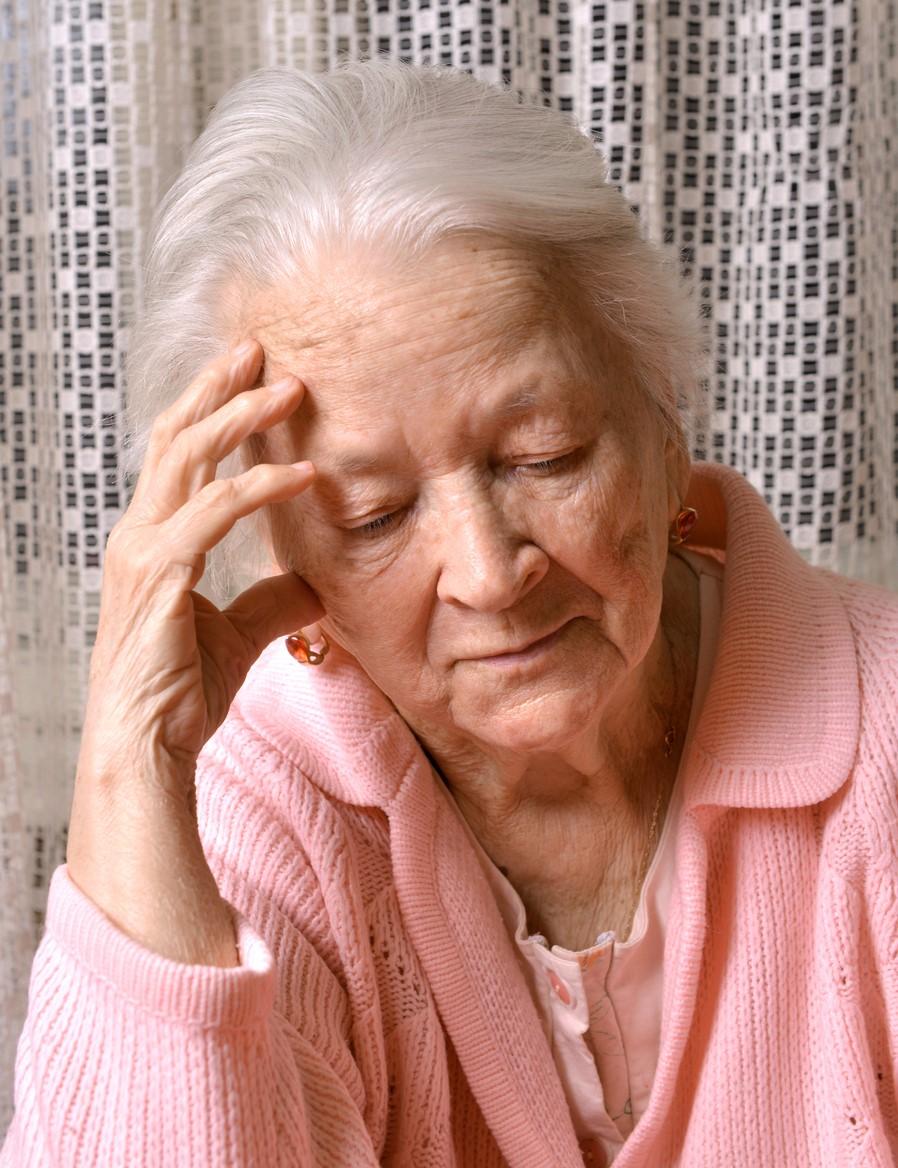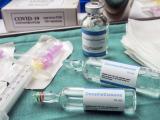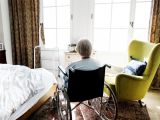A history of certain psychiatric disorders may predispose fully vaccinated COVID-19 survivors to reinfection, according to a study of 263,697 US veterans published yesterday in JAMA Network Open.
Researchers from the San Francisco Veterans Affairs (VA) Health Care System and the University of California retrospectively analyzed the administrative and electronic health records of US veterans who completed their COVID-19 vaccine primary series at least 14 days earlier from Feb 20, 2020, to Nov 16, 2021. Patients had received the Pfizer/BioNTech, Moderna, or Johnson & Johnson vaccine.
Average age was 66.2 years, 90.8% were men, 70.1% were White, 20.5% were Black, 8.3% were Hispanic, 9.3% were of other or unknown race, 51.4% had one or more psychiatric diagnoses, and 14.8% were reinfected.
Psychiatric disorders included depression, posttraumatic stress, anxiety, adjustment disorder, substance use disorder, bipolar disorder, psychosis, attention-deficit hyperactivity disorder, dissociation, and eating disorders within the past 5 years. Psychiatric disorders were more common in patients younger than 65 than in their older peers (65.6% vs 43.0%).
Lower risk among younger people
A history of any psychiatric disorder was tied to a 7% higher incidence of COVID-19 reinfection in models adjusted for potential confounders and to a 4% increased incidence in models further adjusted for underlying illnesses and smoking.
In fully adjusted models, most psychiatric disorders were linked to an increased incidence of reinfection, with the highest risk for substance use disorders (adjusted relative risk [aRR], 1.16) and for adjustment disorder (aRR, 1.13).
The risk of COVID-19 reinfection was 24% higher for patients 65 and older with substance abuse, 23% higher for those with psychotic disorders, 16% for bipolar disorder, 14% for adjustment disorder, and 12% for anxiety.
Patients with chronic kidney disease had an increased risk for reinfection of 23%, compared with 20% for HIV, 19% for cardiovascular disease, 18% for chronic obstructive pulmonary disease (COPD), and 13% for sleep apnea.
This indicates that older patients with certain psychiatric conditions face risks on par with those of other medical conditions, senior author Aoife O'Donovan, PhD, of the San Francisco VA, said in a University of California at San Francisco news release. "Mental health is important to consider in conjunction with other risk factors," she said.
Stratification of the sample at age 65 revealed that associations between psychiatric diagnoses and COVID-19 reinfection were seen in both age-groups: 15.9% in those younger than 65 vs 14.2% in older patients. The associations were strongest in older patients after adjustment for chronic conditions and smoking.
Fully adjusted models, however, showed that younger people with psychiatric disorders had a 10% lower incidence of COVID-19 reinfection than those without such a diagnosis.
Also, all disorders except bipolar and psychotic disorders in younger patients were tied to increased incidence of reinfection when adjusted for potential confounders, but associations were no longer seen for depression, posttraumatic stress, and alcohol use disorders when also adjusting for underlying illnesses, obesity, and smoking.
O'Donovan said that the lower risk of reinfection among younger versus older people could be due to lower socialization among younger people with psychotic disorders compared with older people who "may be less socially isolated because of their greater burden of ill health and contacts with caregivers."
Fully adjusted models among older patients showed that any psychiatric disorder (aRR, 1.05) and all disorders except posttraumatic stress and alcohol use disorder remained linked to an increased incidence of COVID-19 reinfection.
Psychotic disorders were tied to a lower incidence of reinfection among younger patients (aRR, 0.90) but a higher incidence in the older group (aRR, 1.23), although only 2.8% of the sample had a psychotic disorder (3.6% among younger patients and 2.3% in the older group).
Waning vaccine immunity, emerging variants
Before vaccines were widely available, people with psychiatric disorders were at elevated risk for COVID-19 infection, hospitalization, and death, the researchers noted. And COVID-19 reinfections among the fully vaccinated are relatively common today owing to waning vaccine-generated immunity, incomplete vaccination coverage, and the emergence of SARS-CoV-2 variants that can escape immunity, they added.
Risk factors for COVID-19 infection among people with psychiatric disorders include impaired immune function, poor response to vaccines, more risky behaviors that may lead to viral transmission, and high rates of underlying medical conditions such as COPD, cardiovascular disease, and diabetes, as well as health-compromising behaviors such as smoking, the authors said.
"It's possible that immunity following vaccination wanes more quickly or more strongly for people with psychiatric disorders and/or they could have less protection to newer variants," O'Donovan said.
The authors said that the increased reinfection incidence among people with psychiatric disorders was not completely explained by sociodemographic factors, vaccine type or timing, chronic conditions, obesity, or smoking.
"Psychiatric conditions may be a risk factor for an increased incidence of breakthrough infection independent of these other factors," the researchers wrote.
"Our findings indicate that individuals with psychiatric disorders…should be prioritized for booster vaccinations and other critical preventive efforts, including increased SARS-CoV-2 screening, public health campaigns, or COVID-19 discussions during clinical care."





















